During his ministry, Isaiah delivered many prophecies. Isaiah the son of Amos was a prophet who served and prophesied against the Kingdom of Judah / Southern Israel during the reign of King Uzziah (Azarya; 783-742 BC), Jotham (742-735 BC), Ahaz (735-715 BC), and Hezekiah (715- 687 BC).
It can be seen in the section of the Book of Isaiah chapters 1-39 that it comes from the time when Judah, the southern kingdom, Isaiah's ministry as a prophet begins with the statement regarding the death of King Uzziah (742 BC) which is the end of the era of relative prosperity and peace in Judah with the emergence of new threats from the Assyrian Empire. Isaiah's prophetic ministry after being recorded in Isaiah 6 by means of a visual experience in the Temple in the city of Jerusalem, in which Isaiah "sees the Lord sitting on a throne high and towering" (v. 1) and he "sees the King" (v. 5). Isaiah realized that what really threatened Judah's life was not Assyria's strength, but the sins of the people of Judah itself because the people were disobedient and lacked faith in God. Both with words and deeds, the prophet Isaiah encouraged the people and their leaders to live according to God's will and be just. He reminded us that God's people will be doomed and perish if they don't listen to God. Isaiah also predicts world peace and the arrival of a descendant of David who will become the coveted king.
Then, chapters 40-55 refer to the people of Judah going to live in exile in Babylon. They were hopelessly crushed. Isaiah preaches that soon God will deliver His people and bring them back to Jerusalem, to start a new life. The important theme of this passage is that God is the Lord of history and that He plans to send His people to all nations that will be blessed through Israel. The verses on the "Servant of God" are one of the most famous passages of the Old Testament.
And finally, the chapters 56-66 section is mostly addressed to the people who have returned to Jerusalem. They needed reassurance that God would fulfill His promises to the people. Special attention is paid to a righteous way of life and justice; also to the way of observing the Sabbath, offering sacrifices and prayers. The important verses are 61: 1-2 which Jesus used to express His calling when He began His work on earth.
Scholars of biblical studies have given different names to each of the three sections of this book. Chapters 1-39 are named Proto-Isaiah, chapters 40-55 are named Deutero-Isaiah, and chapters 56-66 are named Trito-Isaiah. They also suspect that each section was written by a different author. However, this conjecture has now been disproved by the discovery of the "Great Isaiah Scroll" among the Dead Sea Scrolls. The scroll contains the entire Book of Isaiah in Hebrew in full and is thought to have been written in 125 BC. Since this is a complete copy and no partial copy has been found, scholars believe that the original book was written in full long before the exile, most likely by one man Isaiah, a prophet revered at the time of king Hezekiah, and copied throughout the exile until on his return to the land of Israel again.

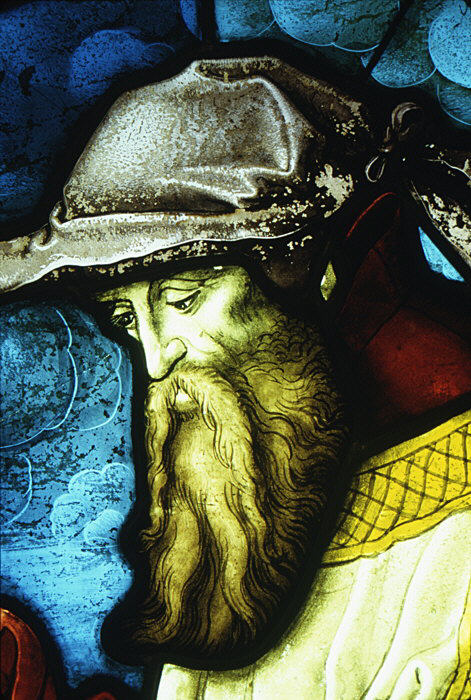

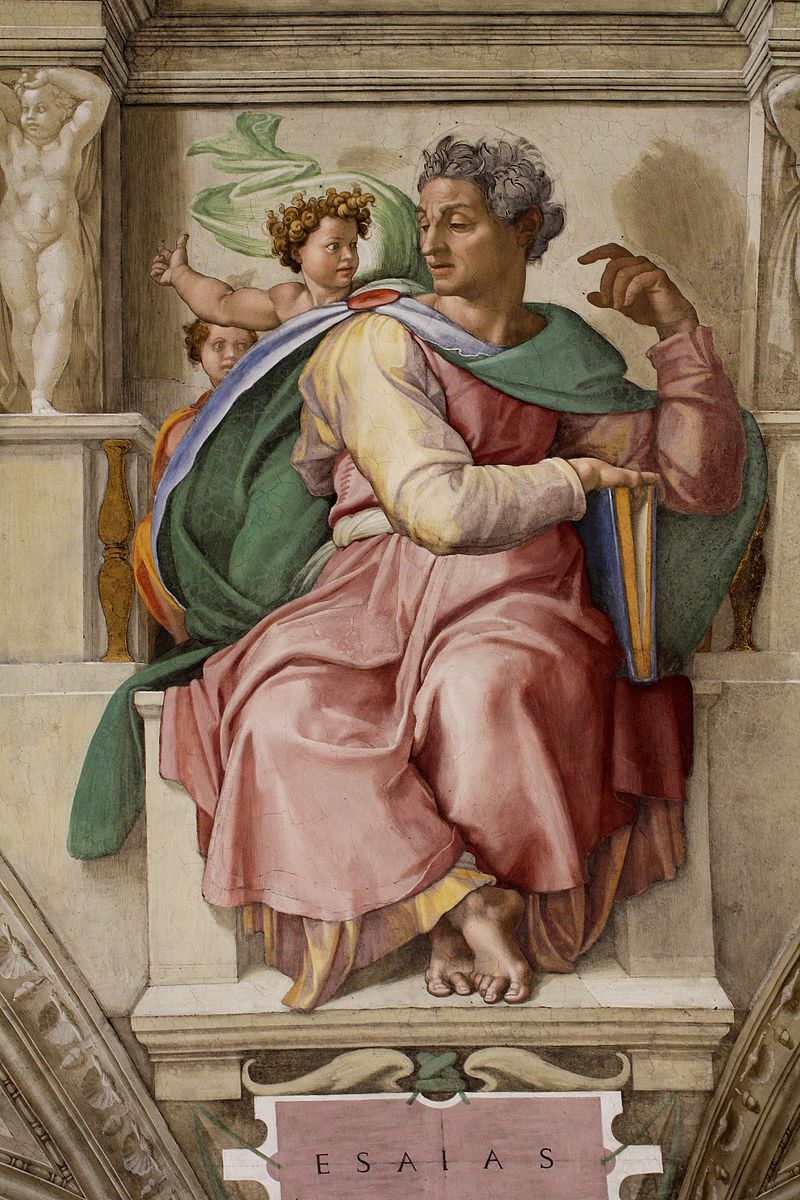
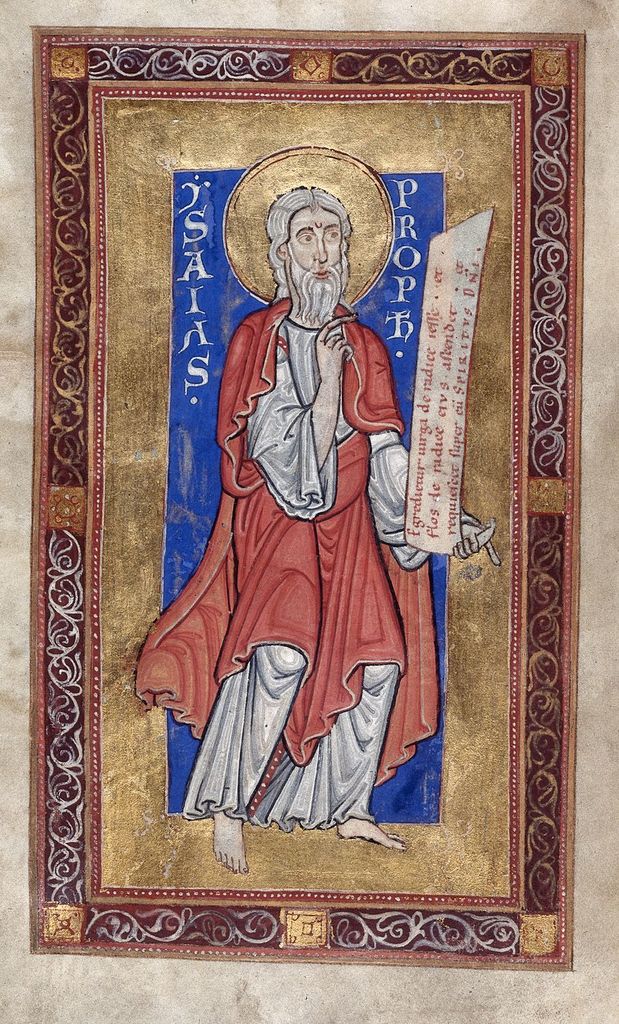
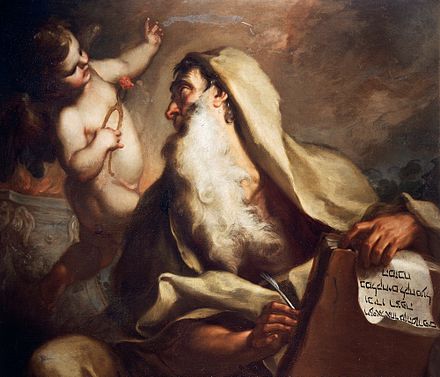

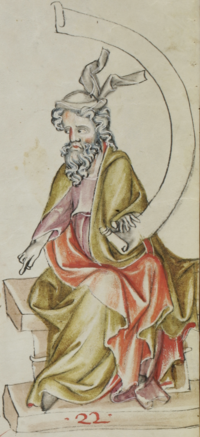
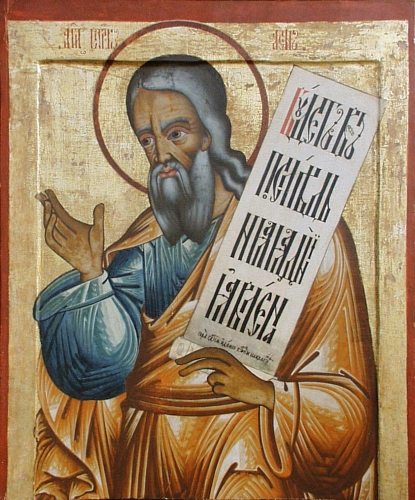

Comments
Links